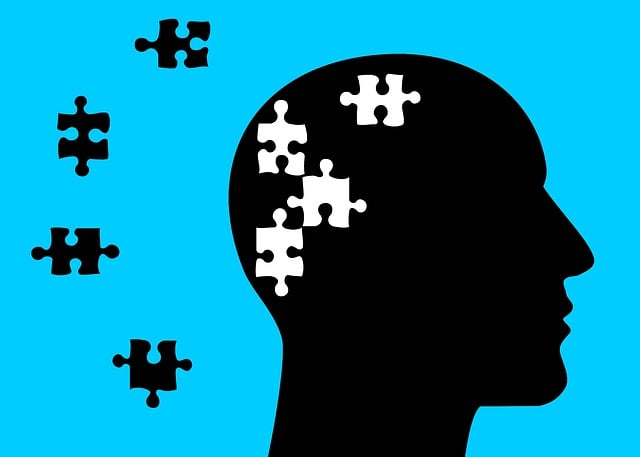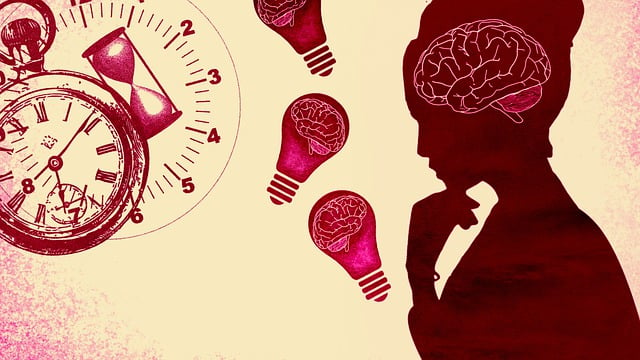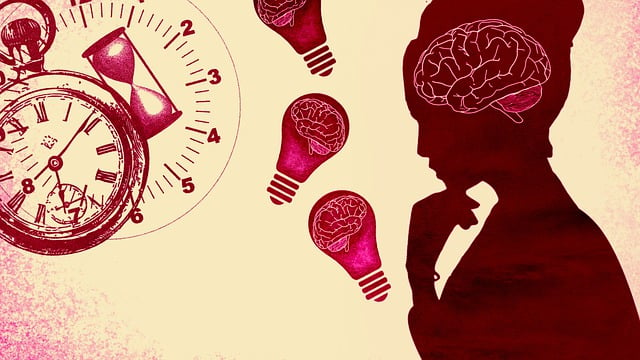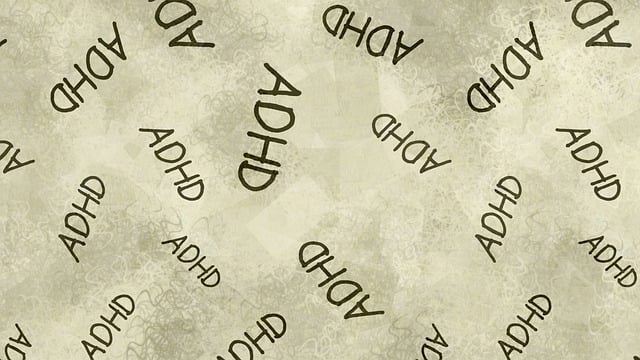In today's diverse healthcare environment, cultural competency is essential for mental health professionals providing therapy for adults, adolescents, and teens. By integrating cultural competency training, therapists can better understand and address unique cultural needs, improve patient engagement, and enhance treatment outcomes. This includes learning about different cultural values, coping mechanisms, and evidence-based practices tailored to diverse backgrounds. Such training fosters a stronger therapeutic alliance, boosts recovery rates, and strengthens the bond between providers and communities. Specifically, it aids in navigating cultural barriers for adolescents and teens, improving access to care. Measuring success involves evaluating both provider knowledge and patient outcomes across various cultural groups.
In today’s diverse healthcare landscape, cultural competency training is no longer an option but a necessity. This article explores the critical role of cultural competency in delivering effective therapy, focusing on distinct challenges faced by adult and adolescent patients from varied backgrounds. We delve into strategies for healthcare providers to navigate cultural barriers, considering unique approaches for adults and teens. By examining successful training methods and measurement techniques, we aim to illuminate the path towards more inclusive and impactful therapy practices.
- Understanding Cultural Competency in Healthcare: A Necessity for Effective Therapy
- Adult Patients: Addressing Unique Challenges and Needs in a Diverse Society
- Adolescent and Teen Therapy: Navigating Cultural Barriers to Care
- Training Methods and Strategies for Healthcare Providers
- Measuring Success: Evaluating the Impact of Cultural Competency Programs
Understanding Cultural Competency in Healthcare: A Necessity for Effective Therapy

In today’s diverse healthcare landscape, cultural competency is no longer an optional skill for providers; it’s a necessity. This concept refers to the ability to understand, appreciate, and effectively interact with patients from different cultural backgrounds, ethnicities, and social contexts. Given that mental health issues affect individuals across all demographics, including adults, adolescents, and teens, healthcare providers must be equipped to offer culturally sensitive therapy. Traditional Western therapeutic approaches might not resonate with everyone, especially those who hold alternative belief systems or have experienced intergenerational trauma rooted in specific cultural experiences.
By incorporating cultural competency training, therapists can adapt their practices to meet the unique needs of diverse patient populations. This involves learning about different cultural values, communication styles, and coping mechanisms, which can significantly enhance therapy outcomes. For instance, certain communities may prioritize collective well-being over individual expression, while others might have specific rituals for managing stress and building resilience. Understanding these nuances allows therapists to integrate evidence-based practices with culturally relevant techniques, such as Emotional Well-being Promotion Techniques and Stress Reduction Methods, thereby fostering a stronger therapeutic alliance and improving overall patient satisfaction and recovery rates.
Adult Patients: Addressing Unique Challenges and Needs in a Diverse Society

In a diverse society, healthcare providers must be equipped to cater to the unique challenges and needs of adult patients from various cultural backgrounds. Adult patients often face complex issues such as trauma, chronic illnesses, or mental health disorders, which are influenced by their cultural identities. Effective therapy for adults, adolescents, and teens requires an understanding of these cultural nuances. For instance, certain communities may have specific beliefs about illness, healing, and seeking help, which can impact the patient’s willingness to engage in treatment and the type of support they prefer.
Cultural competency training for healthcare providers is crucial in addressing these disparities. Through this training, professionals learn coping skills development and stress management techniques that respect and incorporate cultural traditions. By integrating these strategies into their practice, healthcare providers can create a safer and more supportive environment for all patients, ensuring equitable access to quality care. This approach not only improves patient outcomes but also fosters stronger relationships between providers and diverse communities.
Adolescent and Teen Therapy: Navigating Cultural Barriers to Care

Adolescent and teen therapy presents unique challenges due to cultural barriers that can hinder access to care. As mental health professionals, understanding the diverse backgrounds and experiences of young individuals is paramount. Many adolescents come from families with varied cultural practices, beliefs, and languages, which may influence their perception of mental health and willingness to seek professional help. For instance, some cultures may view mental illness through a spiritual or religious lens, while others might prioritize family harmony over individual expression.
Effective therapy for adults, adolescents, and teens requires culturally competent approaches. Risk management planning for mental health professionals should include strategies to overcome these barriers. Building confidence through cultural sensitivity training can enhance the therapeutic relationship. Additionally, conflict resolution techniques can facilitate understanding between professionals and clients from diverse backgrounds. By embracing these methods, healthcare providers can create a safe space, improve engagement, and ultimately boost outcomes in adolescent and teen therapy.
Training Methods and Strategies for Healthcare Providers

Healthcare provider training in cultural competency is essential for delivering effective therapy to adults, adolescents, and teens from diverse backgrounds. Interactive workshops and role-playing scenarios are powerful tools that allow professionals to practice navigating sensitive cultural topics and challenging situations. These methods foster emotional intelligence and crisis intervention guidance, empowering providers to offer empathetic care tailored to each patient’s unique needs.
Incorporating real-life case studies and small group discussions enables healthcare staff to explore complex issues related to emotional regulation and cultural nuances. By engaging in these active learning strategies, they enhance their ability to connect with individuals from various ethnicities, religions, and socioeconomic statuses. Such training is crucial for promoting equity and improving patient outcomes in a diverse healthcare landscape.
Measuring Success: Evaluating the Impact of Cultural Competency Programs

Measuring the success of healthcare provider cultural competency training is crucial to understanding its true impact and value. Evaluating these programs involves assessing both qualitative and quantitative data, providing a comprehensive view of their effectiveness. By surveying participants before and after training, researchers can gauge changes in knowledge, attitudes, and behaviors related to diverse cultures. This process helps identify areas where the program excels and aspects that require improvement.
Moreover, measuring success extends beyond individual providers. It includes tracking improvements in patient outcomes for various cultural groups, such as enhanced access to therapy for adults, adolescents, and teens from different backgrounds. Monitoring these changes alongside stigma reduction efforts and depression prevention initiatives ensures that cultural competency training translates into tangible benefits for both healthcare providers and the communities they serve.
Cultural competency training is not just a best practice; it’s an imperative in modern healthcare. By equipping providers with the skills to understand and address diverse cultural needs, we improve patient outcomes, enhance access to care, and foster more inclusive therapeutic environments for adults, adolescents, and teens alike. Implementing effective training methods and measuring program impact through evaluation ensures that these initiatives remain dynamic and responsive to our increasingly diverse society.












